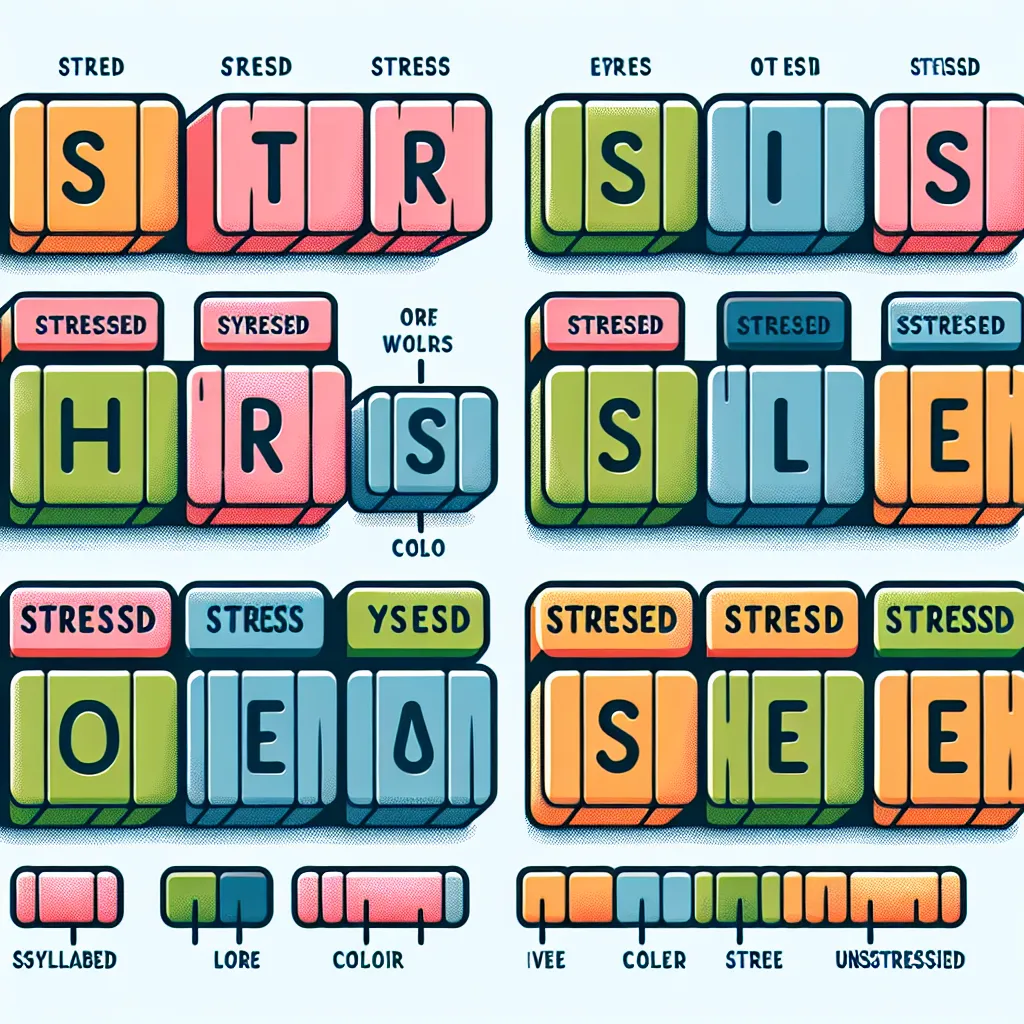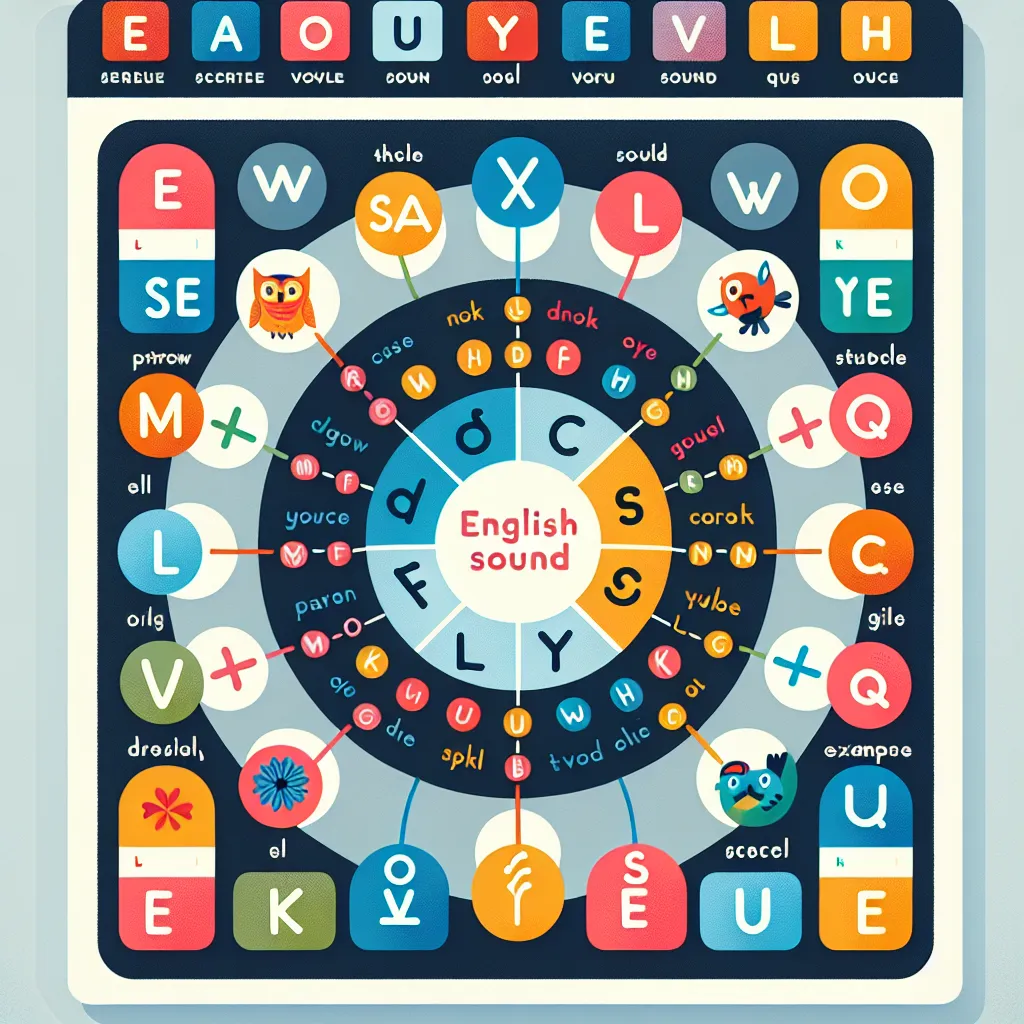Mastering the pronunciation of English words with complex consonant combinations can be a challenging yet rewarding endeavor for language learners. Whether you’re a beginner or an advanced student, improving your ability to articulate these sounds accurately will significantly enhance your overall English speaking skills. In this comprehensive guide, we’ll explore effective strategies and techniques to help you conquer the intricacies of complex consonant combinations in English pronunciation.
Understanding Complex Consonant Combinations
Complex consonant combinations, also known as consonant clusters, occur when two or more consonant sounds appear together in a word without intervening vowels. These combinations can be particularly challenging for non-native English speakers, especially if similar sound patterns don’t exist in their native language.
Common Types of Complex Consonant Combinations
- Initial clusters: Appear at the beginning of words (e.g., “spring,” “street”)
- Medial clusters: Occur in the middle of words (e.g., “abstract,” “instruct”)
- Final clusters: Found at the end of words (e.g., “texts,” “worlds”)
Understanding these different types of clusters is crucial for developing accurate pronunciation skills.
 Diagram of complex consonant combinations
Diagram of complex consonant combinations
Techniques for Mastering Complex Consonant Combinations
1. Break Down the Sounds
One of the most effective ways to approach complex consonant combinations is to break them down into individual sounds. Practice pronouncing each sound separately before attempting to combine them.
Example: For the word “strength” /strɛŋθ/
- Start with /s/
- Add /t/
- Practice /str/
- Add /ɛ/
- Practice /strɛ/
- Add /ŋ/
- Finally, add /θ/
2. Use Phonetic Transcription
Familiarize yourself with the International Phonetic Alphabet (IPA). This tool can help you visualize the individual sounds within complex combinations.
Example: “Splash” /splæʃ/
- /s/ – voiceless alveolar fricative
- /p/ – voiceless bilabial plosive
- /l/ – voiced alveolar lateral approximant
- /æ/ – near-open front unrounded vowel
- /ʃ/ – voiceless postalveolar fricative
3. Practice Minimal Pairs
Minimal pairs are words that differ by only one sound. Practicing these can help you distinguish between similar consonant combinations.
Example:
- “Split” vs. “Spit”
- “Spring” vs. “Bring”
- “Scream” vs. “Stream”
4. Utilize Tongue Twisters
Tongue twisters are an excellent way to practice complex consonant combinations in a fun and challenging manner. Start slowly and gradually increase your speed as you become more comfortable.
Example: “She sells seashells by the seashore.”
For more tongue twisters and pronunciation practice, check out our article on how to practice English pronunciation using tongue twisters.
5. Listen and Repeat
Expose yourself to native English speakers and practice imitating their pronunciation. You can use podcasts, videos, or language learning apps for this purpose.
Common Mistakes and How to Avoid Them
-
Inserting extra vowels: Many learners tend to add vowel sounds between consonants to make pronunciation easier. For example, pronouncing “street” as “su-treet.”
Solution: Practice the consonant combinations in isolation before adding vowels.
-
Omitting sounds: Some learners may drop certain sounds in complex combinations. For instance, saying “top” instead of “stop.”
Solution: Exaggerate each sound initially to ensure you’re producing all components of the combination.
-
Incorrect stress placement: Misplacing stress in words with complex consonant combinations can affect overall pronunciation.
Solution: Pay attention to stress patterns in words and practice with stress-marking exercises.
-
Over-articulation: While it’s important to pronounce each sound, over-articulating can lead to unnatural speech.
Solution: Listen to native speakers and try to mimic the natural flow of their speech.
-
Difficulty with specific sound combinations: Some combinations may be particularly challenging based on your native language.
Solution: Identify your problem areas and focus on targeted practice for those specific combinations.
For more advanced pronunciation tips, visit our article on pronunciation tips for advanced English learners.
Phonemic Chart and Commonly Mispronounced Words
Understanding the phonemic chart is crucial for mastering complex consonant combinations. Here’s a simplified version focusing on consonants:
- Plosives: /p/, /b/, /t/, /d/, /k/, /g/
- Fricatives: /f/, /v/, /θ/, /ð/, /s/, /z/, /ʃ/, /ʒ/, /h/
- Affricates: /tʃ/, /dʒ/
- Nasals: /m/, /n/, /ŋ/
- Approximants: /l/, /r/, /w/, /j/
Here are 10 words with complex consonant combinations that are often mispronounced:
- Strengths /strɛŋθs/
- Sixths /sɪksθs/
- Twelfths /twɛlfθs/
- Squirrel /ˈskwɪrəl/
- Clothes /kloʊðz/
- Months /mʌnθs/
- Glimpsed /glɪmpst/
- Texts /tɛksts/
- Asthma /ˈæzmə/
- Rhythm /ˈrɪðəm/
Practice these words regularly to improve your pronunciation of complex consonant combinations.
 Phonemic chart practice
Phonemic chart practice
Conclusion
Mastering the pronunciation of English words with complex consonant combinations requires patience, practice, and persistence. By utilizing the techniques outlined in this guide, such as breaking down sounds, using phonetic transcription, and practicing with minimal pairs and tongue twisters, you can significantly improve your pronunciation skills.
Remember that consistent practice is key to improvement. Don’t be discouraged if you find certain combinations challenging at first – with time and effort, you’ll develop the muscle memory and confidence to tackle even the most complex consonant combinations in English.
For further improvement in your English pronunciation, consider exploring our article on how to improve pronunciation using flashcards. Keep practicing, and soon you’ll notice a significant improvement in your ability to pronounce even the most challenging English words with clarity and confidence.




